10 New Apple Software Features That Will Make Partners Cheer
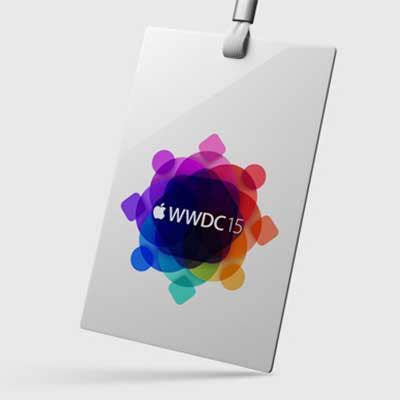
A Developer's Dream
Apple's developer community from more than 70 countries gathered Monday at the company's Worldwide Developers Conference in San Francisco to learn about the future of iOS, OS X, and the Apple Watch's operating system.
The Cupertino, Calif.-based company unveiled new software features of iOS 9 for Apple devices, and talked about projects such as mobile payment system Apple Pay and home-automation tool HomeKit.
Partners said they were excited about Apple's efforts to enhance its operating systems' ecosystems and facilitate user experiences with new Apple products.
Here, 10 riveting announcements from the conference.
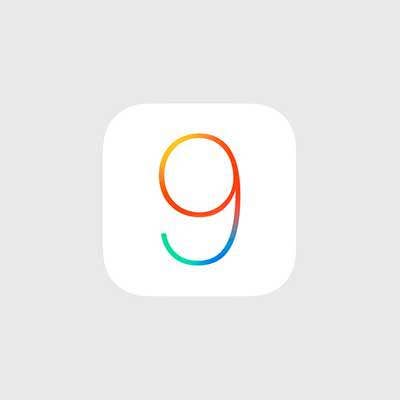
10. Proactive Assistant On iOS 9
Craig Federighi, Apple's senior vice president of software engineering, showed off new proactive features of Siri, Apple's operating system personal assistant.
In the latest version of Apple's operating system, iOS 9, devices will be able to offer personalized options for users. For instance, when a user receives an invitation to an event via email, Siri will automatically sync the event to the user's calendar and send a reminder. In addition, devices with iOS 9 will automatically suggest music for users when headphones are plugged in.
Apple announced an application program interface (API) for search, so that when users perform a search, Apple can find content behind the apps they have on their devices and can be deep-linked into the app.
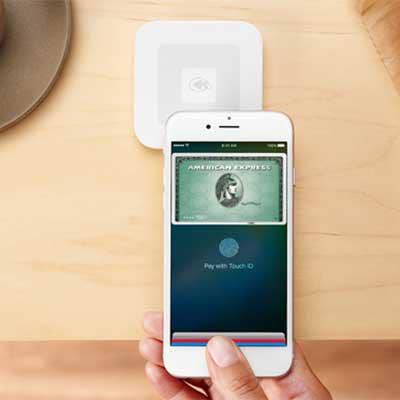
9. Apple Pay
Jennifer Bailey, vice president of Online Store at Apple, gave an update about the company's payment system, Apple Pay. According to Bailey, more than 1 million locations are accepting Apple Pay, and the company is bringing the payment system to the U.K. next month.
"Apple Pay is so easy to use in-app that developers are telling us they are seeing a more than two times increase in checkout rates," said Bailey.
In iOS 9, users can add store, credit and debit cards with their Apple Pay. Apple allows users to store these cards in an app called Wallet, which is the renamed app version of Passbook.
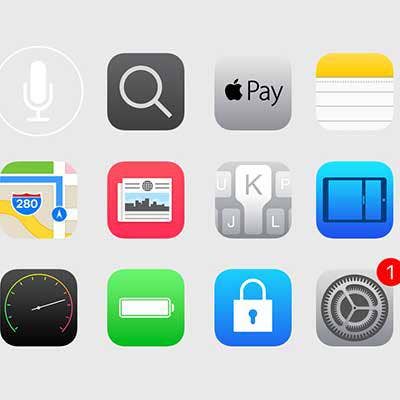
8. Other App Tweaks
Federighi took the stage to discuss more enhancements Apple has made in its iOS 9 apps, including its Notes, Maps and News apps.
For Notes, users can now make checklists, add photos right from the app, and draw and sketch in the app. For the Maps app, Apple added a transit option, so that users can see estimated travel times for trains and buses through multi-modal routing. Maps' transit option will come out in select cities, such as New York and San Francisco.
Finally, Apple revealed a new application called News, which brings news content from various sources to users.
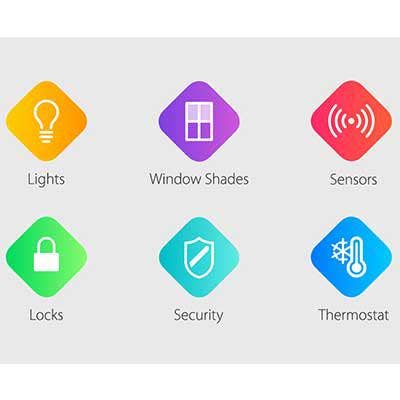
7. HomeKit Upgrades
Federighi announced new updates to Apple's various software kits, including the company's home automation tool, HomeKit.
"Homekit has been taking off … in its functions for areas like thermometers, locks and lights," he said.
Apple has added new support for HomeKit, such as carbon monoxide sensors, support for security systems, and remote access to home features for users via iCloud. This means that users can control their home features through the cloud no matter where they are, the company said.
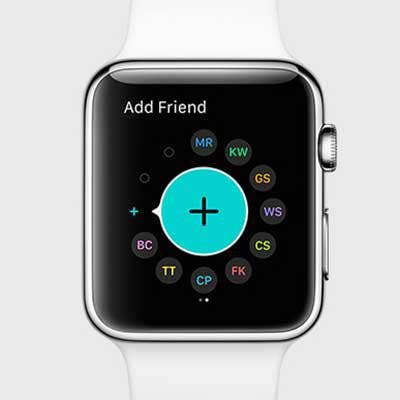
6. Watch OS
Cook announced that Apple has created a new way for developers to bring native apps to the watch with a new version of Apple Watch OS, called watchOS.
"We really believe in this space. … We believe in technology designed for the wrist," Cook said. "This new version will have great new capabilities and it will bring native apps right to your wrist."
The enhancements include support for new capabilities of Apple Pay, as well as the Maps and News apps. In addition, users can now use a photo face or photo album face for their watch displays.
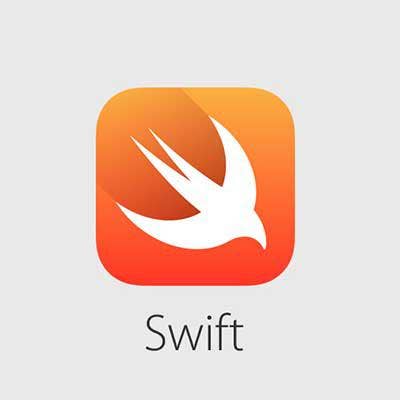
5. Swift 2 As An Open Source
Federighi announced Swift 2, the successor to Swift, Apple's multi-paradigm, programming language for iOS and OS X that was announced last year.
Swift 2 includes features like whole module optimization, and will be open source, said Federighi.
"We saw unprecedented growth with Swift, so we're stepping on the gas this year with Swift 2," said Federighi.
In addition, said Federighi, Apple will be rolling out the compiler and standard libraries for iOS, OS X and Linux. The developer beta is out Monday, and will support all devices supported by iOS 8.
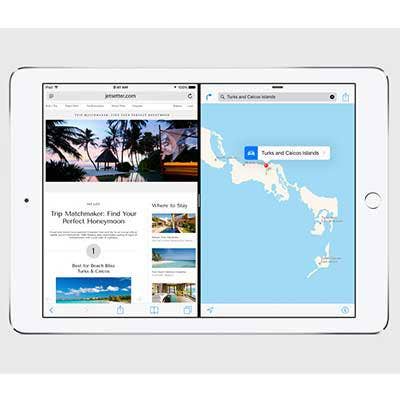
4. iPad Improvements
Federighi announced iOS 9 updates specifically to increase efficiency for iPad users.
"We're elevating the iPad experience to a whole different level," he said. "iPad has always supported forms of multitasking, but for iOS 9 we're taking it to a whole new place."
For example, a QuickType feature allows users to quickly type on their keyboard on the tablet device for more efficiency.
Finally, a multitasking feature allows iPad users to quickly and easily switch tasks and move easily between multiple apps. Multitask allows both apps to be active at the same time on the iPad, either through side-by-side views or even "picture-in-picture" views. Users can scroll through different apps simultaneously as well.
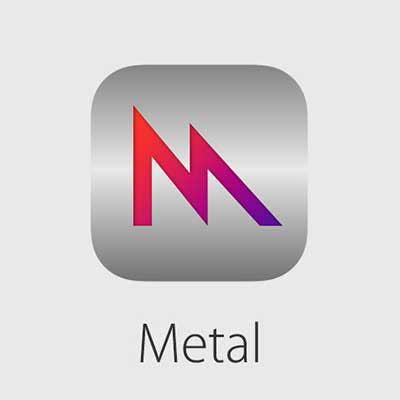
3. Metal Improvements
Apple announced improvements for performance to its newest OS X software through enhancements to its framework, Metal.
Federighi discussed updates to Metal, a framework that supports GPU-accelerated advanced 3D graphics rendering and data-parallel computation workloads. Metal was announced at last year's Worldwide Developers Conference.
The new features to Metal allow for 40 percent greater rendering efficiency, said Federighi.
"Metal combines the compute power of OpenCL and the graphics power of OpenGL in a high-performance API that does both," he said.
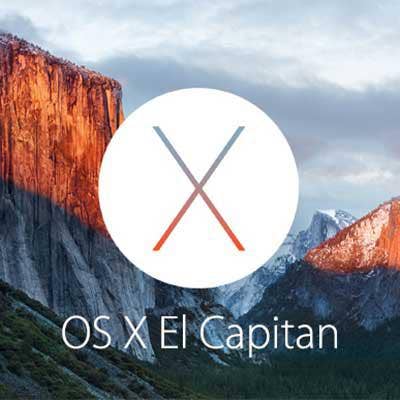
2. OS El Capitan
Federighi unveiled the latest OS X update to the company's Yosemite version -- OS El Capitan.
According to Federighi, Yosemite -- Apple's desktop and server operating system -- had a 55 percent adoption rate among PC users, so Apple wanted to build on its strengths with El Capitan.
Federighi said OS El Capitan focuses on enhancements in user experience and performance.
For example, Apple has improved the power of Spotlight, and enhanced its built-in apps and window management, to allow users to better utilize windows side by side.
El Capitan is available for developers Monday, and a free update is available to everyone in the fall.
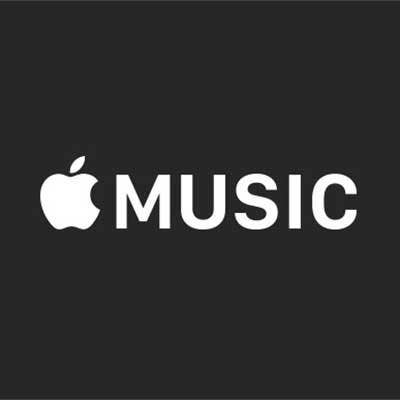
1. Apple Music
Finally, Cook announced Apple Music, "the next chapter in music," during the Worldwide Developers Conference.
Apple Music is an app for the iPhone, and combines streaming music, streaming radio, and music downloads. This includes Apple's first 24-hour digital radio station for 100 countries, called Beats One, said Cook.
Apple Music also includes features such as Connect, which allows unsigned artists to connect with fans.
"We've had a long history with music, and music has changed a lot," said Cook. "Apple Music will change the way you experience music forever."
According to Apple, the service will cost $9.99 monthly, or $14.99 for a family plan of up to six members, with a three-month free trial. Apple Music will be available June 30.